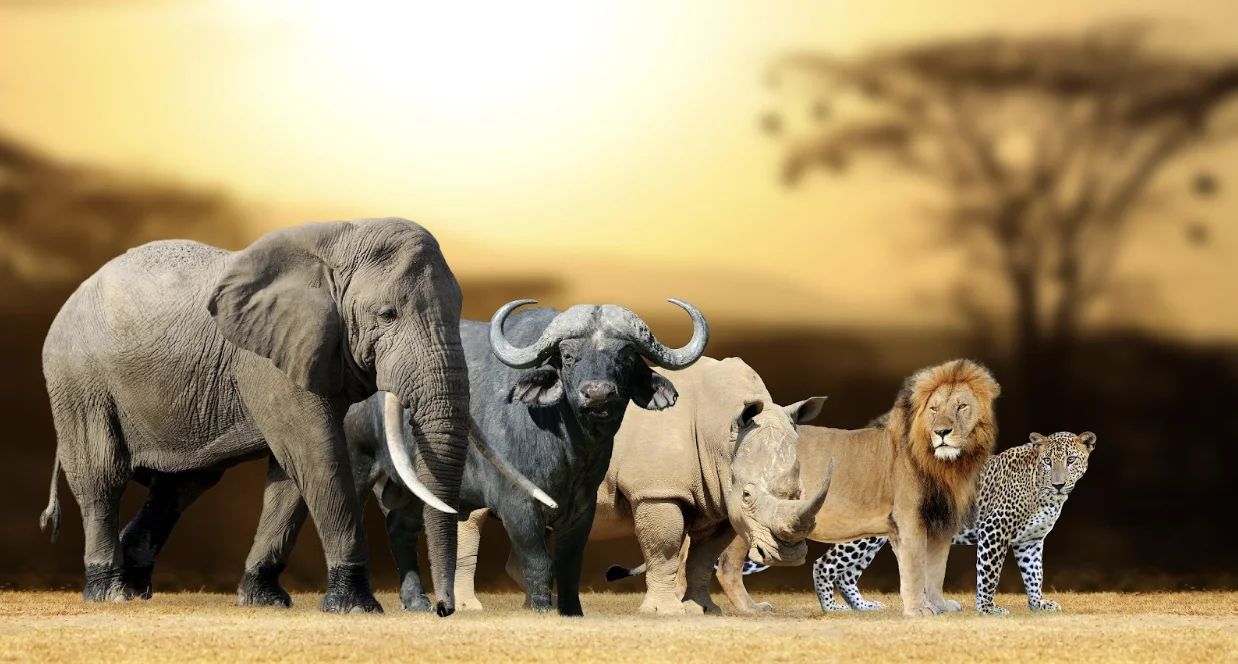Understanding homeowners insurance and what it covers can help avoid frustration and unexpected costs. Many people have questions about how much damage caused by wild animals is covered, from a deer crashing into a fence to a squirrel in the attic. Knowing the limits of your policy is essential.
This article looks at different situations where wildlife damage occurs and explains how homeowners insurance usually deals with them.
General Coverage for Wildlife Damage
Homeowners insurance usually covers sudden and unexpected damage. For wildlife damage, coverage depends on the animal type. Damage from large animals like deer or bears is often covered because it’s unpredictable and unavoidable, and this typically includes the house itself and structures attached to it, like garages.
However, it’s crucial to know that while the home’s structure might be covered, personal belongings damaged by these animals usually are not. Homeowners should review their policy closely to see what is specifically covered, including both the house and its contents.
Specific Cases of Animal Damage Coverage
-
Deer and Other Large Animals
If a large animal like a deer damages a structure on your property, such as a fence, the repair costs are generally covered under the “other structures” portion of your policy. This coverage kicks in after you file a claim and pay any applicable deductible. Homeowners may need to provide evidence of the damage, such as photos when filing a claim.
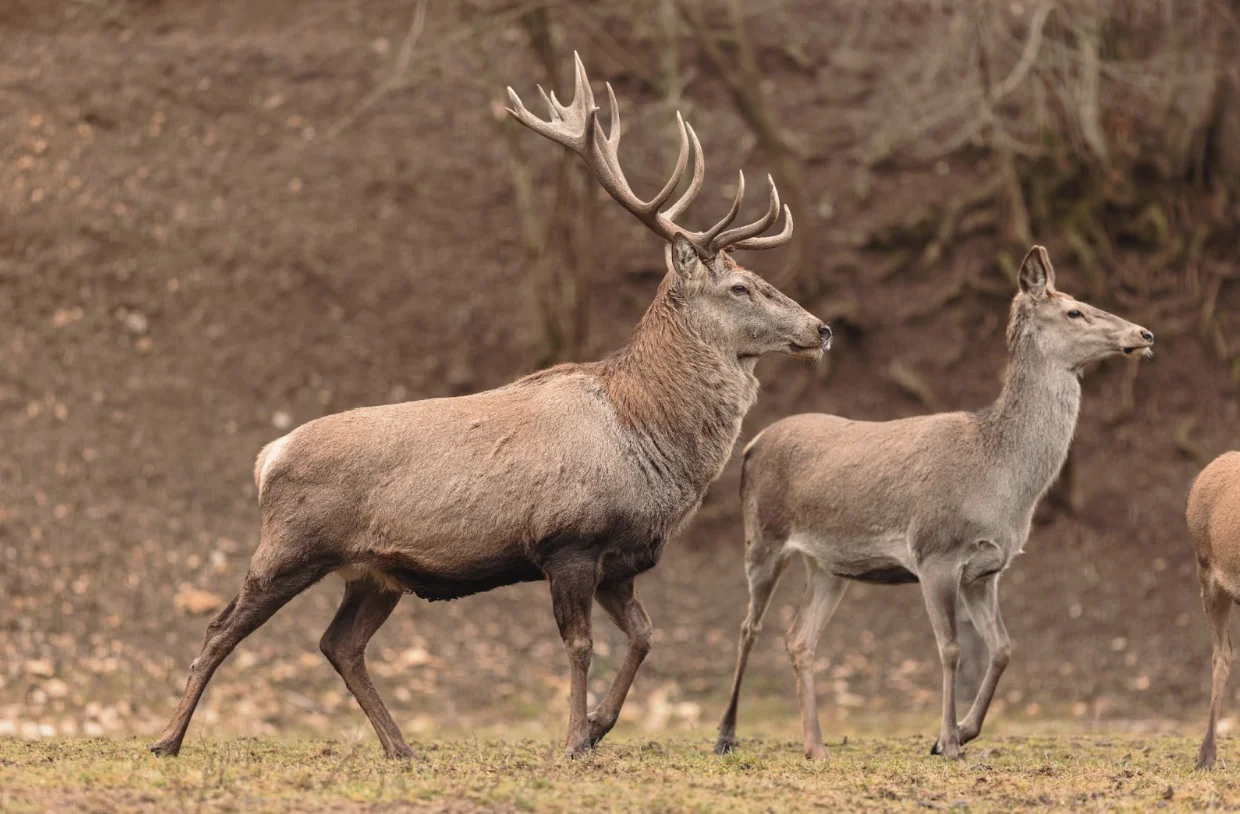
-
Squirrel Damage
Squirrel damage is a common issue that is surprisingly not covered by most homeowners policies. Since squirrels can easily be prevented from entering a home by trimming tree limbs away from the house and securing chimneys and vents, insurance companies view such damage as preventable.
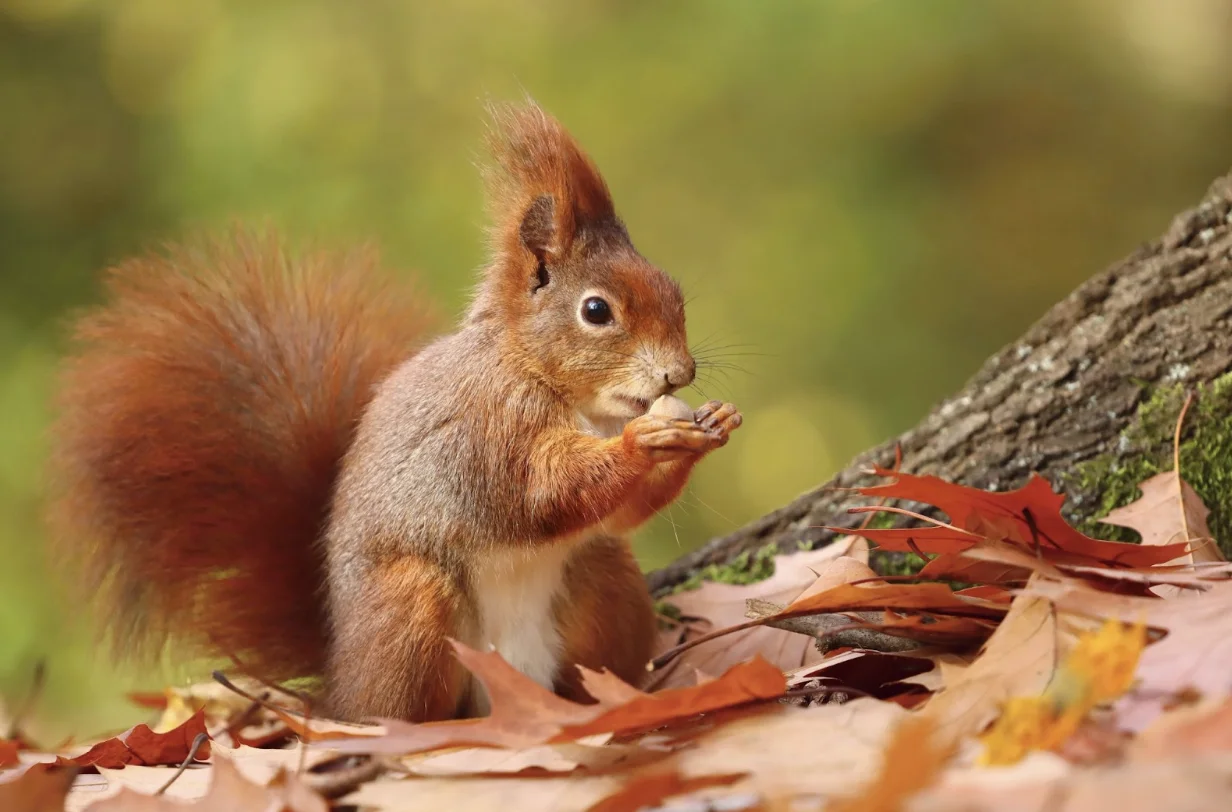
-
Rodents (Mice and Rats)
Similar to squirrels, damage from rodents like mice and rats is typically not covered. These animals often infest homes over a long period, which insurers see as a maintenance issue that homeowners should manage before significant damage occurs. For example, discovering a few mouse droppings in your basement and neglecting to act can lead to a larger, uncovered claim when these pests multiply and cause more extensive damage.
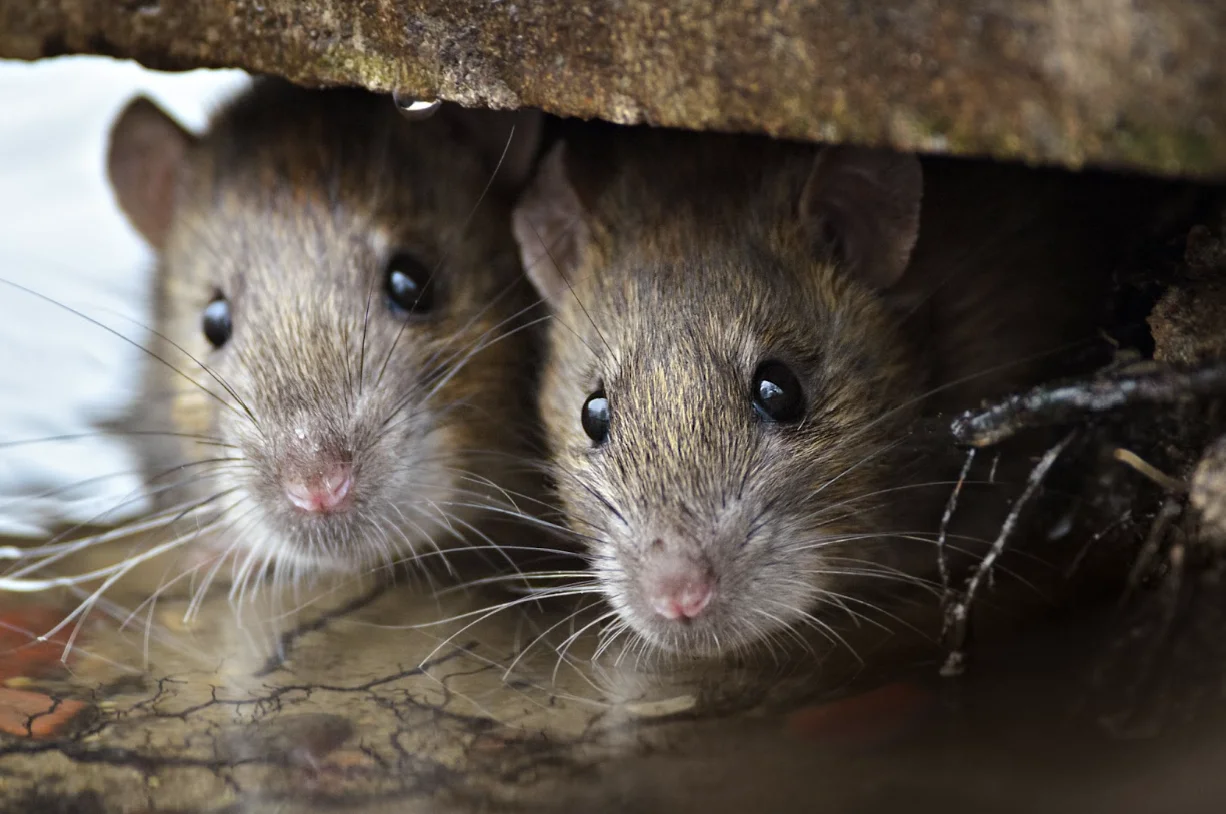
-
Raccoons, Skunks, and Opossums
Damage from raccoons, skunks, and opossums is also generally excluded from homeowners insurance policies. Like rodent damage, insurance companies consider it the homeowner’s responsibility to prevent such animals from causing damage.
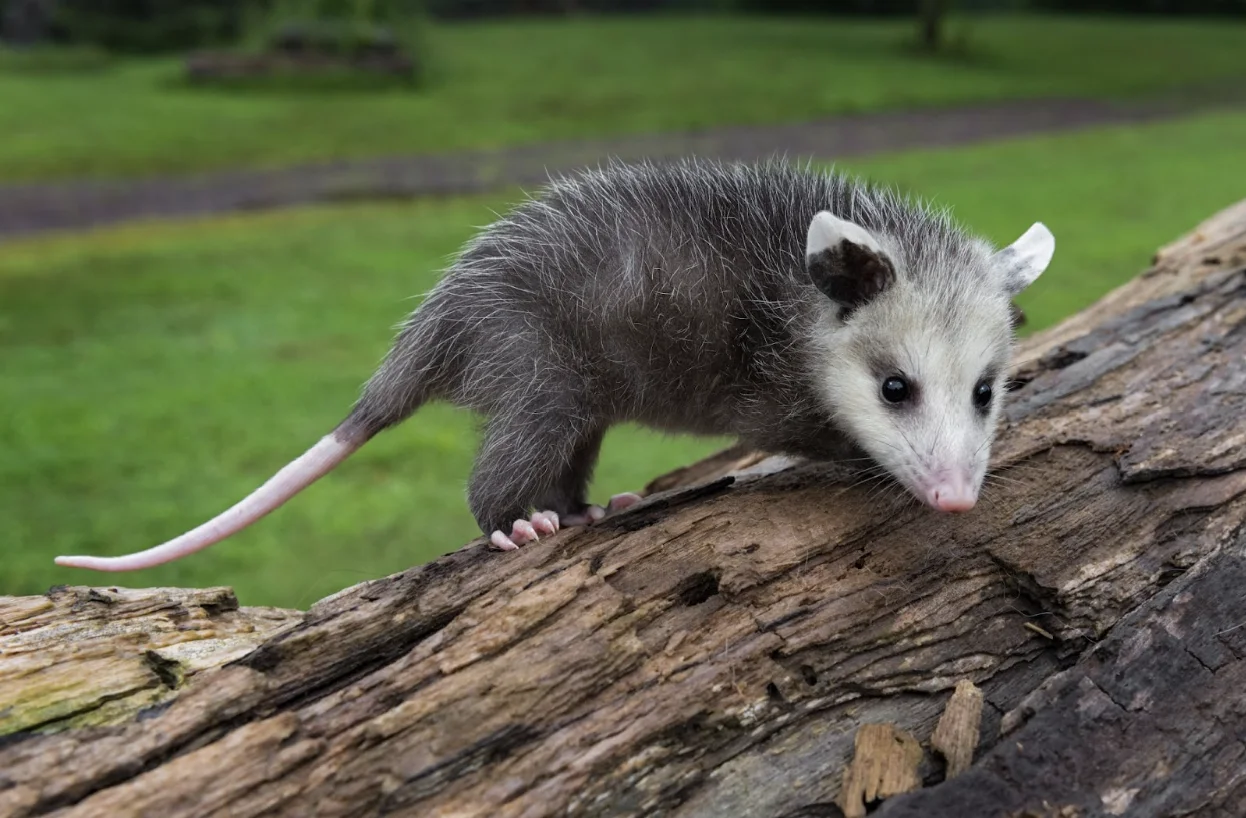
-
Woodpecker Damage
Woodpecker damage is usually not covered by standard homeowners insurance policies. To reduce the risk of damage from woodpeckers, you can take preventive actions like installing ultrasonic repellents and wrapping Mylar tape around vulnerable areas of your home.
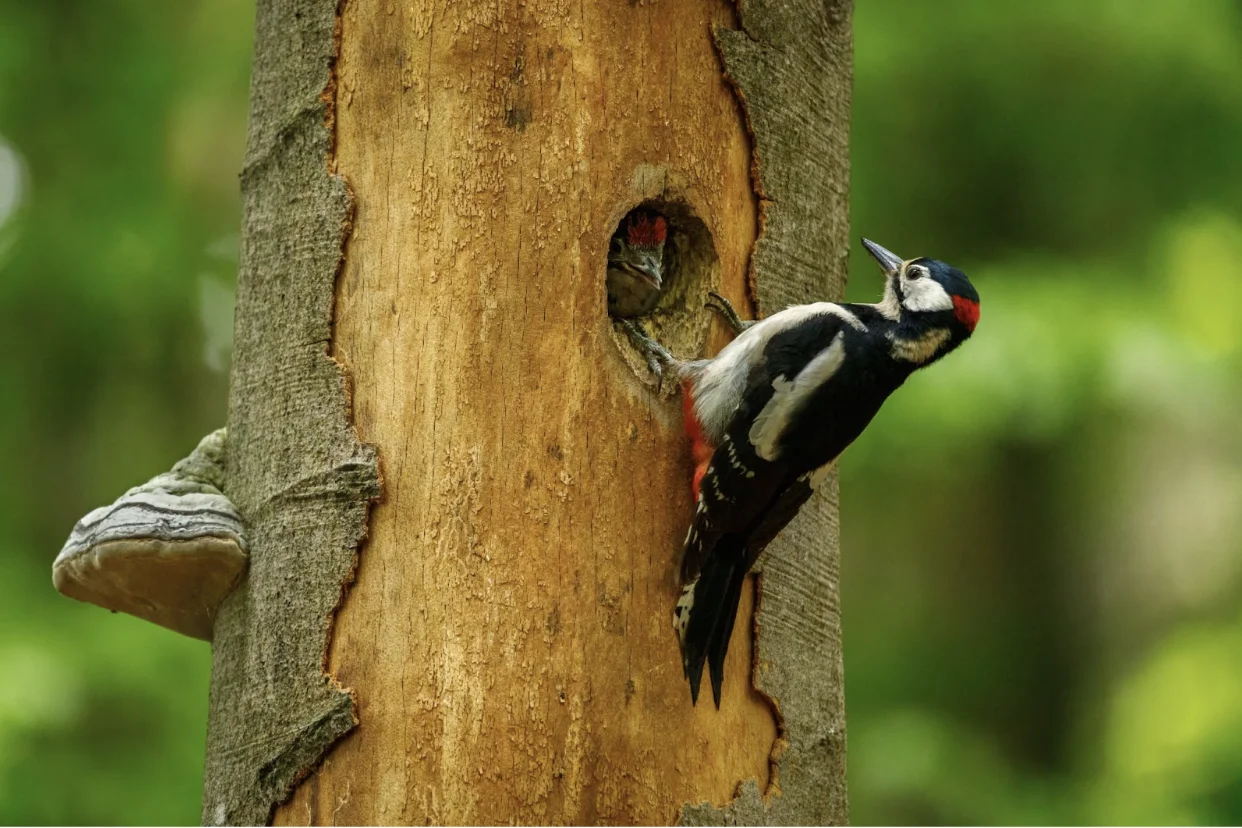
-
Bat Removal
Finding bats in your attic can be distressing and expensive, since most homeowners insurance policies don’t cover the cost of removing bats or cleaning up their nesting sites. Typically, homeowners have to manage the removal and bear the related expenses themselves.
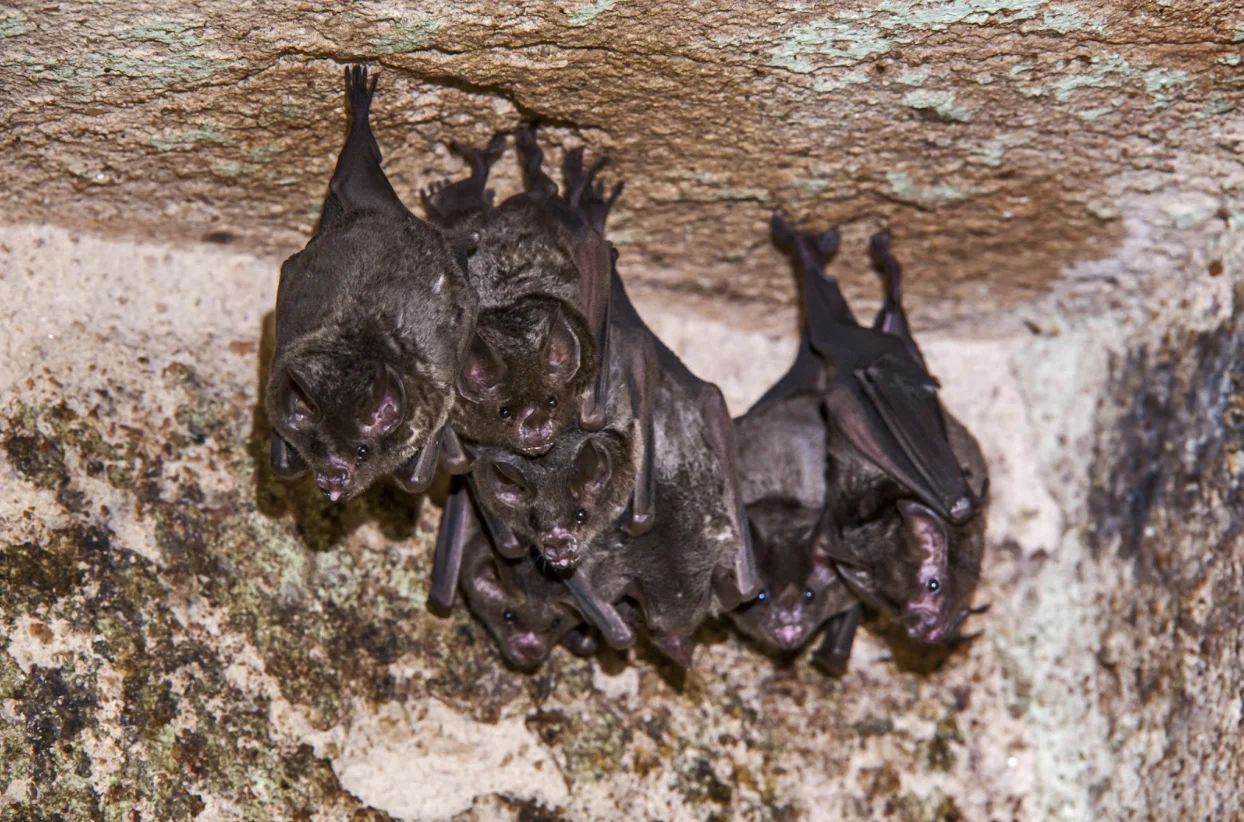
Coverage for Animal Damage to Vehicles
It’s important to understand the distinctions between homeowners insurance and auto insurance when it comes to animal damage. Typically, homeowners insurance does not cover damage to vehicles, even if it occurs on your property. Conversely, comprehensive auto insurance usually covers this type of damage, whether from an accident involving a deer or from rodents damaging the car’s wiring.
Summary
It’s vital to grasp the details of your homeowner’s insurance policy, particularly in relation to the unpredictability of wildlife damage. Although your policy may cover damage from larger, unexpected animal encounters, it’s wise to implement preventative strategies to reduce the risk from smaller, more controllable animal intrusions. Homeowners should thoroughly understand their insurance coverage and proactively protect their homes from potential wildlife damage. Doing so helps maintain the home in good condition, meets insurance standards, and can save money while avoiding problems down the line.
FAQs
Are any wild animals consistently covered by homeowners insurance for any damage they cause?
While coverage can vary by policy, typically, damage caused by larger wild animals like deer or bears is covered because it’s considered sudden and accidental. However, this usually does not extend to smaller pests like rodents or insects, as their damage is seen as preventable.
If a wild animal damages my car while it’s parked in my garage, will homeowners insurance cover it?
No, homeowners insurance does not cover damage to vehicles, regardless of whether the vehicle is parked in your garage or on your driveway. You would need to have comprehensive coverage on your auto insurance policy to cover this type of damage.
Are there preventive measures that can also reduce my insurance premiums?
While taking preventive measures against wildlife damage doesn’t typically lower insurance premiums directly, maintaining your home and mitigating risks can prevent claims. Fewer claims can lead to lower premiums over time as insurers often reward claim-free periods with discounts.
What happens if a neighbor’s tree falls on my house and causes wildlife to enter?
If a neighbor’s tree falls on your house, causing damage that allows wildlife to enter, you should still be covered under your standard homeowners policy for the structural damage. As for the wildlife damage, if it’s something generally covered like a bear or deer, your policy should also cover that damage.
Get the right coverage for your home with tutenagency
New tutenagency customers?
Quote homeowners insurance online or call (334) 502-5111 to insure your home.
Legal Disclaimer: ADVERTISING MATERIAL ONLY. Do not rely on this site or this article for legal or financial advice. The information provided on 210agency.com is strictly for educational purposes and to provide you with general educational information. Since state laws and financial regulations are subject to change, please schedule an appointment with an attorney or qualified financial advisor in your area to further discuss your personal situation. This public information is neither intended to, nor will it, create an attorney-client or financial representative relationship.

